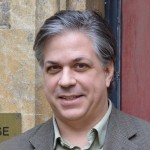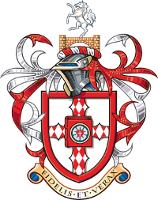A message from the Preceptor’s Desk …

“The abundance of books makes men less studious.” Hieronimo Squarciafico, 1477
This pithy aphorism certainly seems utterly nonsensical to the contemporary mind. Who today would be reckoned as “studious” if not the odd sorts of people that still bother to bury their noses in books for hours upon end, day after day? After all, isn’t it the very production of books which makes “study” possible? But for Hieronimo, a fifteenth-century Venetian editor at the dawn of the Gutenberg era, “study” means something rather different. Reared in a chirographic culture of manuscripts and scriptoriums, “study” for Hieronimo is not the superficial gathering of ever-increasing piles of information. It is meditatio in the classical sense.
That Westfield House is, in large part, a sizeable library of books situated in an ancient university city which is, in an even-larger part, a sizeable enclave of libraries, means Hieronimo’s dictum stands as a word of warning. The material conditions which surround us invite us to be less studious indeed. Thankfully, Westfield House, and its Cambridge environment, is much more than just a repository of innumerable books. It is a global close-knit community of scholars and learners, for whom study is more than silent solitary book-learning. Here our pursuit of academic, personal, spiritual and professional growth is a shared endeavour and is, in essence, an oral-aural process. Together we read, reflect, debate, discuss, and discover. In fine, study at Westfield House is discourse, not mere information-gathering, and no abundance of books is likely to change that.
Thankfully so, as I’m quite fond of books.

